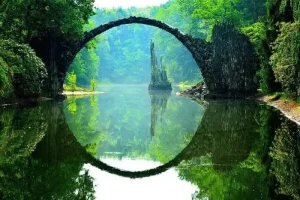A broad definition of tourism is the business of attracting and entertaining tourists. In business terms, tourism refers to the practice of touring. The theory behind tourism is that travel is an activity that makes people happy. A tourist may be there for business reasons, or he or she might be in it for pleasure. Regardless of the reason, a trip that is made for tourism is a good idea. The following is a list of the different types of tours available.
There are a few reasons why people become tourists. First, they seek a different type of experience. Second-home visitors can’t stay in their own homes, and third-home visitors can’t stay for more than two or three nights. Another reason is that the nature of tourism is often influenced by the host’s lifestyle and personality. It can be a pleasant and memorable experience, but it’s important to note that this kind of vacation can also be difficult on the wallet. The latter situation is especially true for travelers who want to get away from their everyday lives.
While the concept of tourism is straightforward, its definition is quite complicated. In general, it refers to temporary movements of people between two points. For instance, there is a vast supply chain of organizations that make up the industry. One of these break points is the cost of air travel. The internet is the best way to find out about destinations and the prices of their services. The benefits of using the Internet are many. It is also easy to research destinations and compare prices.
As we can see, tourism is a global industry, with various sectors. Almost every traveler spends several hours at a destination. The average holiday maker stays for about a day, and often visits a city for several months. It may also be a place to buy a second home. It’s not uncommon for tourists to eat in a local restaurant and drink in the local pub. The industry’s scope is diverse and unplanned.
The tourism industry is changing. The concept of tourism has incorporated many aspects of marketing. The word “experiential” has emerged in the mid-nineteenth century and is an integral part of most traveler’s vocabulary. Most people have heard of tourism, but have no idea how it works. It’s an important aspect of the industry because it makes the world a more attractive place to visit. The industry is highly competitive, but it doesn’t matter because it still contributes to the world’s economy.
The tourism industry is vast. It encompasses a variety of different sectors. For example, day trippers are tourists who spend a day in a city, visiting the city’s attractions. They don’t necessarily stay overnight. They dine at local restaurants, and visit a tourist attraction. They’re not necessarily tourists. A tourist is someone who travels for leisure. However, the scope of the tourism industry is not limited to this.





